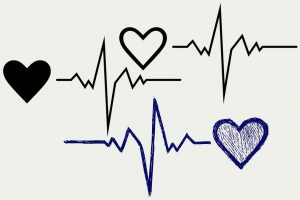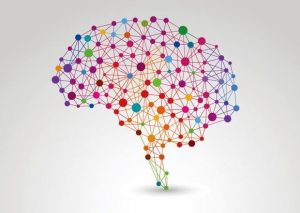“Science walks forward on two feet, namely theory and experiment. Sometimes it is one foot which is put forward first, sometimes the other, but continuous progress is only made by the use of both – by theorizing and then testing, or by finding new relations in the process of experimenting and then bringing the theoretical foot up and pushing it beyond, and so on in unending alternation.” (Robert Millikan)
Current Research Areas

Developmental Economics
Understanding how we develop is key to the understanding of human behavior. Quality of decision-making depends critically on cognitive skills, which develop very gradually over childhood and adolescence. Realizing this link can help revisiting policy around children’s and teens and shed light on adult behavioral shortcomings.

Non Choice Data
What we observe about human behavior is the tip of an iceberg. Decisions result from complex biological processes that modulate our perception and bias our behavioral responses. By observing the underlying mechanisms that impact choices, we can shed light on anomalous behavior.

Neuro-economic Theory
Economics relies on a rigid rational paradigm to model individual choices. Quite often does this paradigm fail to predict what we observe. The brain sciences offer a wealth of knowledge to build new models capable of describing human motivations, preferences and abilities. These models can then be used to make accurate predictions.
My research is funded by the National Science Foundation and the National Institutes of Health.